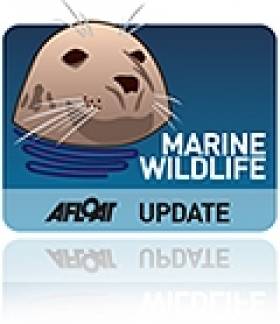Displaying items by tag: National Oceanic and Atmospheric Administration
Disease a Possibility in New England Seal Deaths
Experts in the United States are investigating the possibility of a disease outbeak as the number of dead seals found on New England beaches continues to grow.
The Gloucester Times in Massachusetts reports that some 128 harbour seals have been found deceased this year along the coastline from Massachusetts to Maine.
Initial results from post-mortems carried out on 10 harbour seals washed up in northern Massachusetts indicate no direct human involvement, and also ruled out physical attacks or effects of fishing.
All the dead seals are reportedly young and healthy, with enough body fat to rule out starvation.
"We have collected biological samples and are looking at potential biological toxins," said a spokesperson for the National Oceanic and Atmospheric Administration. "At this point we aren't ruling anything out."
It's believed that the marine wildlife casualties are unrelated to the recent discovery of seven dead seals in Donegal, due to the distance between the incidents and the difference in species.
























































